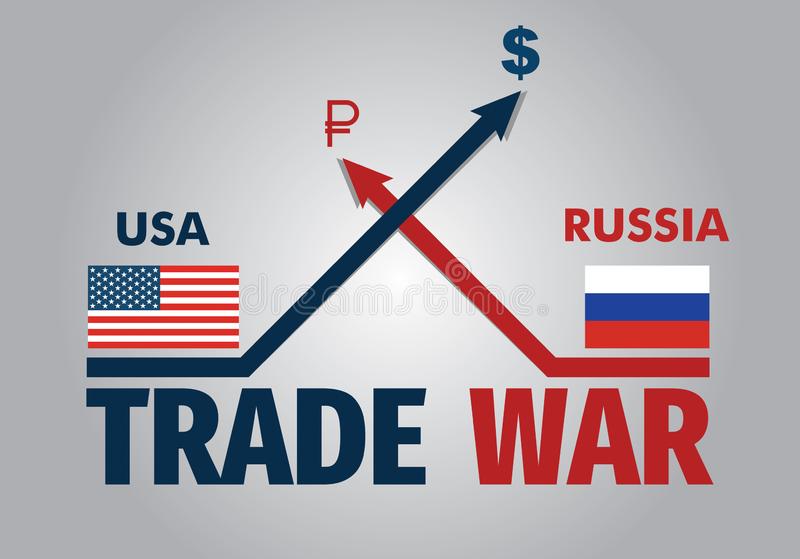On Thursday, the House voted by an overwhelming majority to suspend normal trade relations with Russia and Belarus, in preparation for higher tariffs being enacted by President Biden on more products to further undermine the Russian economy in response to its military assault on Ukraine.
Russia’s oil, gas, seafood, alcohol, and diamonds have already been blocked from entering the United States. AP News report, among other goods, the vote on Thursday paves the way for making steel, aluminum, and plywood imports more expensive.
The House voted 424-8. The final passage is expected to take place soon in the Senate.
Russian status as a most favored nation will be revoked through the broad trade action coordinated with the European Union and Group of Seven nations. it can be recalled the Ukraine’s President Volodymyr Zelenskyy had asked Congress and allies to do more to deter Russia, a day before the vote.
“I’m asking to make sure that the Russians do not receive a single penny that they use to destroy people in Ukraine,” Zelenskyy told Congress in a video message.
In introducing the trade bill, Congressmen Richard Neal, D-Mass., and Kevin Brady, R-Texas, said Zelenskyy’s words had “only strengthened our resolve to further isolate and weaken” Russian President Vladimir Putin.
“We must do all we can to hold Putin accountable for senselessly attacking the Ukrainian people and undermining global stability,” the two lawmakers said jointly.
“The suspension of normal trade relations is an essential part of our effort to restore peace, save lives and defend democracy.”
Read More: Cat owners in Maryland will soon be prohibited from declawing their pets.
The World Trade Organization requires each member to offer its lowest tariff rates to all WTO members.
In 2012, Russia joined the WTO and Congress passed a bill granting the president the authority to extend normal trading relations with Russia. Meanwhile, exceptions may be enacted by countries for security reasons.
However, such revocation would have primarily symbolic significance.
Around 60% of U.S. imports of oil, gas, and coal from Russia were already affected by earlier sanctions, but certain sectors of the economy could be impacted more.
Chuck Schumer, Democrat of New York, said, “To date, both parties, Democrat and Republican, remain united in sending Putin a clear message: His inhumane violence against the Ukrainian people will come at a crippling price.”
Tariffs increase the costs of imports for U.S. companies, making them less competitive.
The effects on American consumers should be modest in most sectors, according to Timothy Brightbill, a partner at Wiley Rein LLP who specializes in international trade law.
U.S. supply chains shouldn’t go through Russia anymore, he said, and consumers understand that.
“Most American consumers would be happy to pay a bit more to ensure that their products and raw materials don’t support Russia and the Russian government,” Brightbill said.
In addition, by revoking Russia’s trade status, the United States is sending a strong message to China that it will not tolerate hostile acts toward Taiwan.
In the House debate, both parties pushed for the measure’s passage despite eight Republicans voting against it. Lloyd Doggett and Earl Blumenauer, both Democrats from Texas, introduced an earlier version of the bill.
“What Putin is doing in Ukraine, bombing civilians, targeting children, … is outside the circle of civilized human behavior,” said House Speaker Nancy Pelosi. “He is committing war crimes and he must be held accountable.”
Victoria Spartz, a Republican from Indiana who was born in Ukraine, said the legislation shows that “the West is serious.”
“They cannot just go kill a bunch of people, destroy cities, kill women and children and then go back and have business as usual,” Spartz added.

